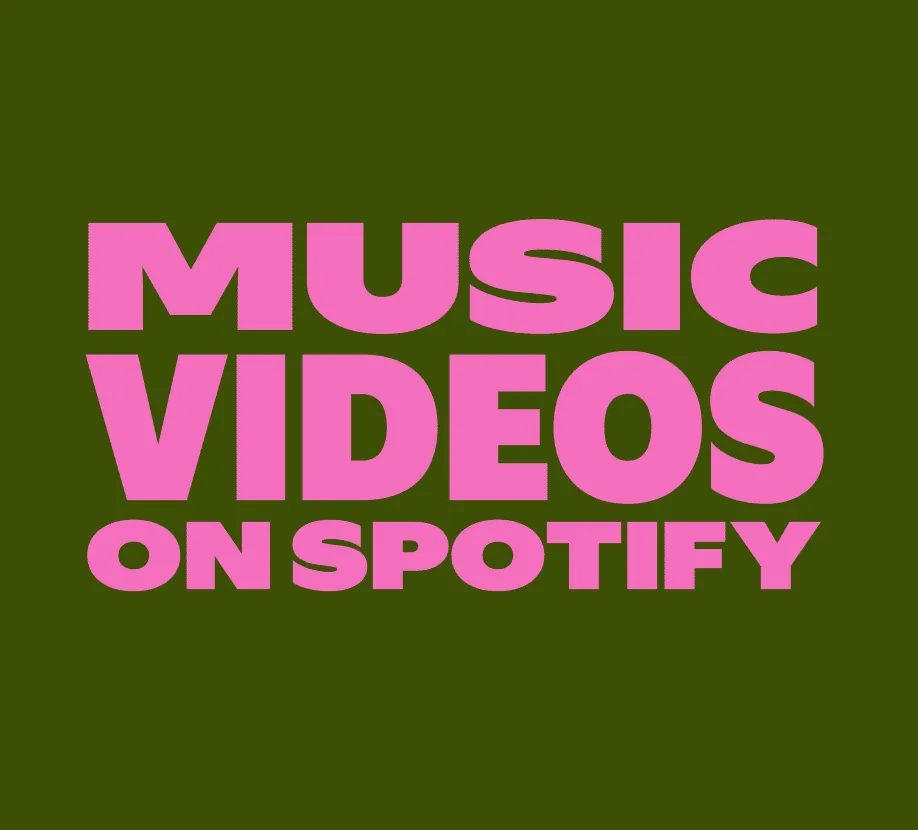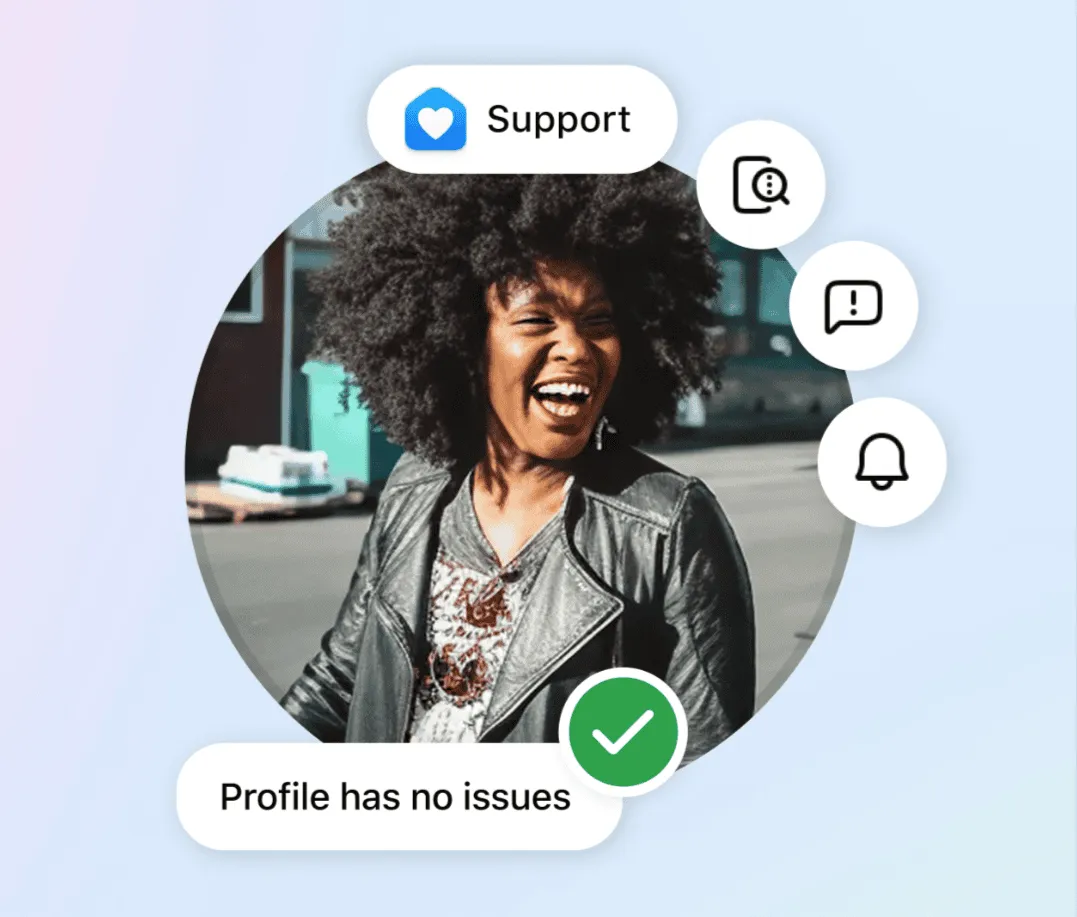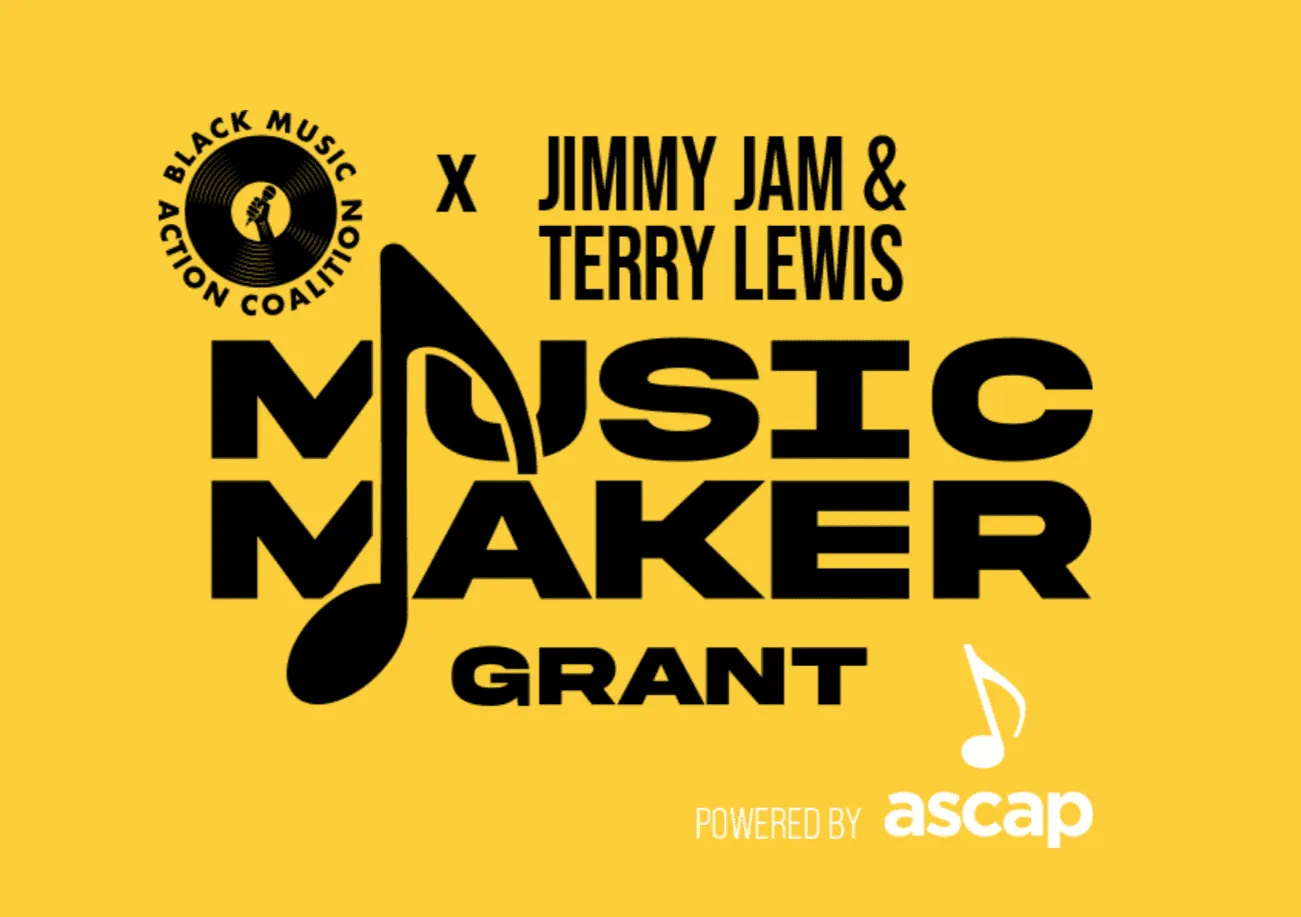A number of you wrote in to say that you disagreed with my off-the-cuff analysis of Stevie Nicks' commentary on the state of rock n' roll and the record industry in general so I thought I would take a moment to give a more serious consideration to what Miss Nicks is saying, try to understand if there's any validity to her statements, and give some insight as to why my response may not be as much of a "knee-jerk" reaction as you may think.
First off, let's take into account as to whether or not the Internet has destroyed rock. Here's my take on this: The web has in no way ruined this particular genre of music. In fact, I would imagine that it has done it more beneficial things to its cultural vitality and subsequent evolution than any societal shift since the invention of the electric guitar itself. Now, that's a mighty big claim and I am no musicologist nor am I a critic. I happen to recall a memory as to how the traditional record industry regarded rock music, even during the rise of the social web, and as it turns out this is a rather telling example of why the genre isn't worse off today. Few years back, I was in attendance at a Shinedown concert and I remember a speech that their lead singer gave in between songs. Basically, Brent was rather confused as to how 1,250 kids, in the middle of a blistering cold winter, found their way out to the show, head to toe in rock wear, skate shoes, and spiked hair, that was held in Fargo, ND. He told us that he had been in a meeting with his label earlier that month and they told him that rock music is dead. Yet, here Brent was, standing in front of 1,250 rock fans, from all parts of ND, in the middle of winter. How did we know about the show, get access to Shinedown's music, and gave a deep enthusiasm for the very genre that his label claimed him was no longer relevant? Oh, that's right, the Internet. You see, aside from the fact that we all live in igloos and snow castles and have a weird accent, we're actually pretty well connected to the world.
In the old paradigm—and I shouldn't have to explain this to you—rock music was a commodity made to be sold and if it didn't get sold or something was selling better, than it took the backburner. Not just in terms of record label financing, but radio play and everything else. Effectively, if I understand anything about the economics of the record and radio industries, when the financial incentives to back the production and promotion of rock music are no longer aligned, then there is no one making or marketing it. If rap music is trending and the labels are scooping up the next Snoop Dogg or Dr. Dre off the street left and right and the radio stations are eating it up and flogging their singles to the masses then everyone hears more rap music and quite a bit less rock. Health of the genre depended more on the whims of popular culture and the receptiveness of listeners than it did on any technological innovations. Of course, kids across the country were still making rock music and playing their records loud, but the public awareness of the leading artists in the genre depended on how willing the producers at MTV were willing to play the videos that week. If I'm not mistaken, record stores work in a similar fashion. To keep the doors open they have to sell what the record labels and radio stations are promoting because there will be demand for that music and if they want to keep their profits high then they have to favor whatever genre or artist is also made popular by the mass marketing mediums of music. In other words, the lesson from the Shinedown story is that it didn't matter what radio or the record labels or MTV thought because if we wanted to hear rock music we could. They were no longer in control of the promotional channels of music and the internet facilitated the means through which over a thousand fans could get together and see an artist that they liked.
Second, let's take into consideration another point. The Internet isn't destroying rock; its merely causing it to evolve as more people have more access to more music than at any other point in history. The social diffusion of decade's worth of music and the following explosion of creativity and splintering of the genre in the age of the indies and amateurs has caused rock to be recast into into evermore specialized niches and more innovative takes on our collective and cultural history. I fail to see how this can be a bad thing. Added to that, let's just take in reflection the fact that I do live in ND again. Even a preliminary scan of the local music scene shows that rock is doing just fine. No one here is growing up impoverished of opportunities so see live music created by artists that have grown up listening to the genre—likely on that same Internet that Miss Nicks finds so damning—and are now taking their hard earned free time to create and play music and become active participants in their cultural lives. And the main reason why these local artists have an audience in the first place isn't because they hung up fliers in enough coffee shops that suddenly a wide enough interest was garnered that they were packing venues. No, some kid who lives a few hours away found their music online, listened to it, and felt it worthy of their time to travel halfway across the state to the only location where this band was capable of playing. If these are the signs of a genre that's fighting a death grip than I must be delusional. That or Stevie Nicks is misguided and has absolutely no clue about how much good the web has done for rock music and our culture.
Social Graces and Kids Today
Moving along, let's take a glance at the next thing that Nicks says and imagine why I might consider her ranting to have the validly of psychobabble at a mental institution. Now, I don't know if you've come to understand this about me but I happen to me a voracious and highly curious reader. It just so happens the "kids today" and the impact of technology on our culture is one of my main research focuses and interests. Just to pump my ego on this subject a little, my views on the happenings of the young and digital were once deemed insightful enough to be republished on Harvard Law's Digital Native Project.
So when I say with much certainty that I think Nicks needs to read a book, stop trusting her narrow judgment, and cease of critiquing culture and get back to playing music; I damn well mean it. Why such hostility?
Let's review what Nicks said and then I'll pull a book off the shelf and take to point why she is not to be trusted, in any way whatsoever. She complains that, "Children no longer develop social graces. They don't hang out anymore." This is a flat-out obfuscation of reality. But, I know where she might have gotten the idea from. Think about the last time you brought a teenager anywhere that they didn't want to be—say a family reunion. Did they sit in the corner the whole time and send out texts on their cell phone? Eyes pinned down at the screen and thumbs punching away at the keys; they are simply too busy with technology to think about interacting with the real human beings that are standing right there in front of them. To which, you think to yourself, how antisocial of this teenager to be positioned away from everyone else and playing with their cell phone, are they more comfortable with technology than they are with humans? I mean, hell, they barely seemed to speak to or notice anyone within their presence that night. I wonder of Nicks didn't find herself in a situation similar to this when she thought to assume that these "kids today" have lost all their social graces.
Such a surface layer analysis may suffice for Nicks, but I say we delve a little deeper. During that evening that teen was probably in contact with five or six different people, most of them diverse conversations, in that period of time that they were deemed to be antisocial and lacking their graces. Sure, the teen may have retreated from the physical space in which the adults were interacting, but their cell phone allowed them to be with their friends even though they were physically apart. "Like many in [their] generation, [they] effortlessly conducted multiple conversations via text messaging with friends who happened to be in various locations," writes S. Craig Watkins in his fantastic book The Young and The Digital. In other words, that teen that Nicks was observing is anything but antisocial. As Watkins puts it, they were "remarkably social, just in ways that anyone over the age of twenty-five may not understand or find appropriate."
What Nicks is failing to understand is a teen's true interest is not in the technology that they are using but the people and relationships that the technology provides them access to. According to Wikipedia, social graces "are the skills used to interact politely in social situations." Therefore, it's worth noting that, as Watkins later asserts, the young and the digital's "intense connections to technology notwithstanding, today's youth are not transforming into social recluses or heartless machines." He argues further that many of the young people that he and his team met during their several years of academic and in-the-field and in-the-lives of teens research for the book maintained a strong and healthy interest in the people around them. Now, what about the claim that Nicks makes that teens don't hang out anymore? The very tools that she perceived them to be using and losing their social graces are the same ones that enable them to socially coordinate their interactions and stay connected to friends that they may not have been able to otherwise. To reference more data from Watkins research, he cites that six out of ten, or 63%, of teens use social-networking sites to make plans with their friends as well as the organizations they belong to. The very reason why young people are so committed to technology is because of their dedication to each other and their desire to stay connected to close friends and acquaintances alike. You see, this is why it's important to consult with sociologists and not some attention grabbing, old rock idol.
Lastly, let's try to understand overall why Nicks perceptions of social decline may be exaggerated and the result of general judgmental bias that causes her to mistake self-change for external change. The thing is that, "Many changes that people experience during the life-course alter their perspectives in ways that sensitize them to social threats," write Richard P. Eibach and Lisa K. Libby in their paper Ideology of the Good Old Days. "When people fail to realize that these personal changes have heightened their perceptions of threat they may mistakenly conclude that threats are becoming more prevalent in society."
Stevie Nicks is not entirely wrong to get caught up in her exaggerated beliefs about the Internet destroying rock and children losing their social graces because they don't hang out anymore, as these views are actually quite widespread and they fit a popular world-view that the Internet may not be as good for our culture as we think, nor has the massive proliferation of digital technologies been the best things for our children. However, in making such assertions, Nicks uses her own direct experiences as a musician to account for her past perceptions while most of the information that backs her lofty claims about culture today are likely derived from popular media accounts. It is entirely possible that her viewpoints on these issues may instead be attributed to the change in her sources of information and change in her own perspective than of any profound social and moral decline. Also, as we get older and mature, many of the personal changes that we experience have a tendency to further sensitize us to threatening social conditions and thus contribute to the illusion that conditions are, in fact, declining. When they are not. It's only human nature to long for the good old days and a number of Nicks' fears may be warranted, but the main two we've explored thus far, I'd argue, are more liable to be the result clinging to popularized beliefs, differed sources of information, and judgmental biases than of any true societal changes. All these factors, among others, have contributed to the imprecise perceptions of the state of rock, kids and their social graces, and reality that Nicks shares and thus, she can be safely ignored, like her new solo album.




